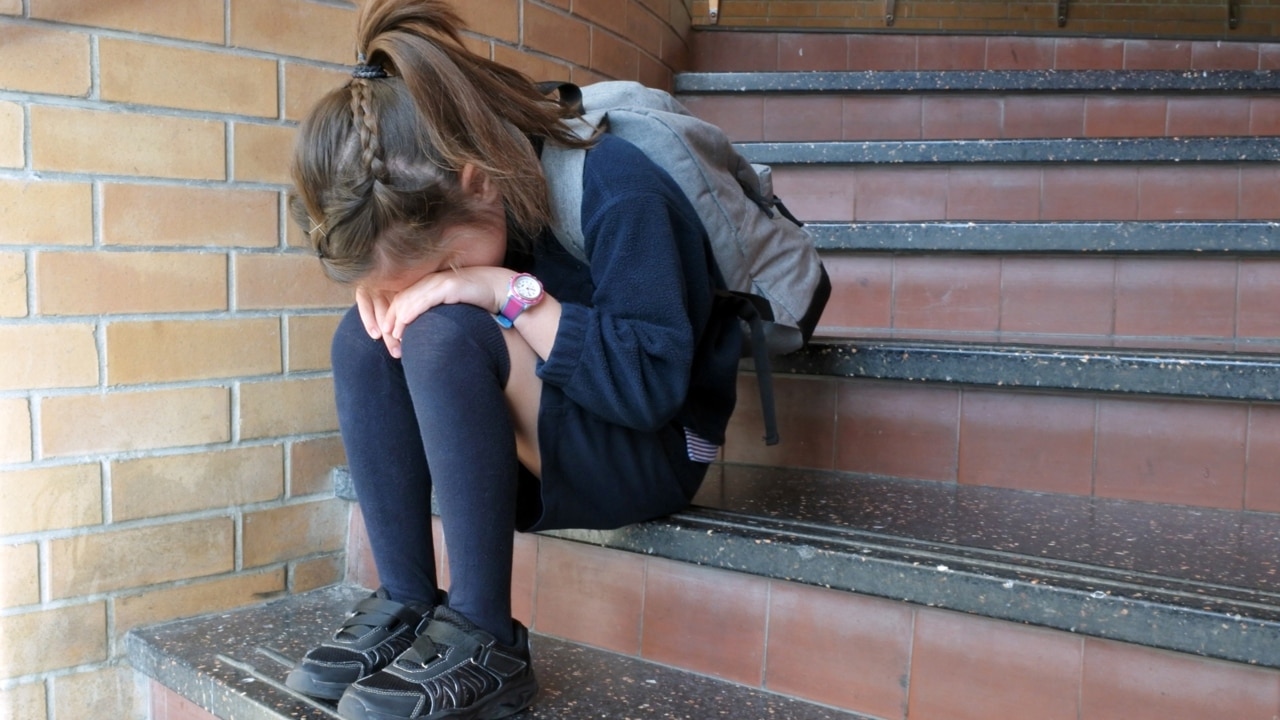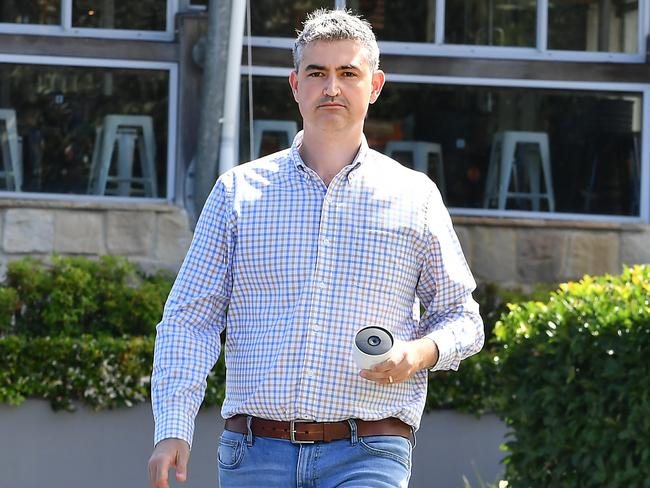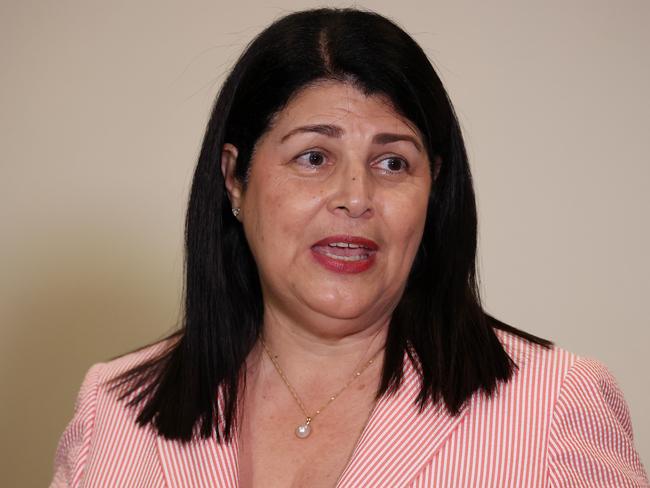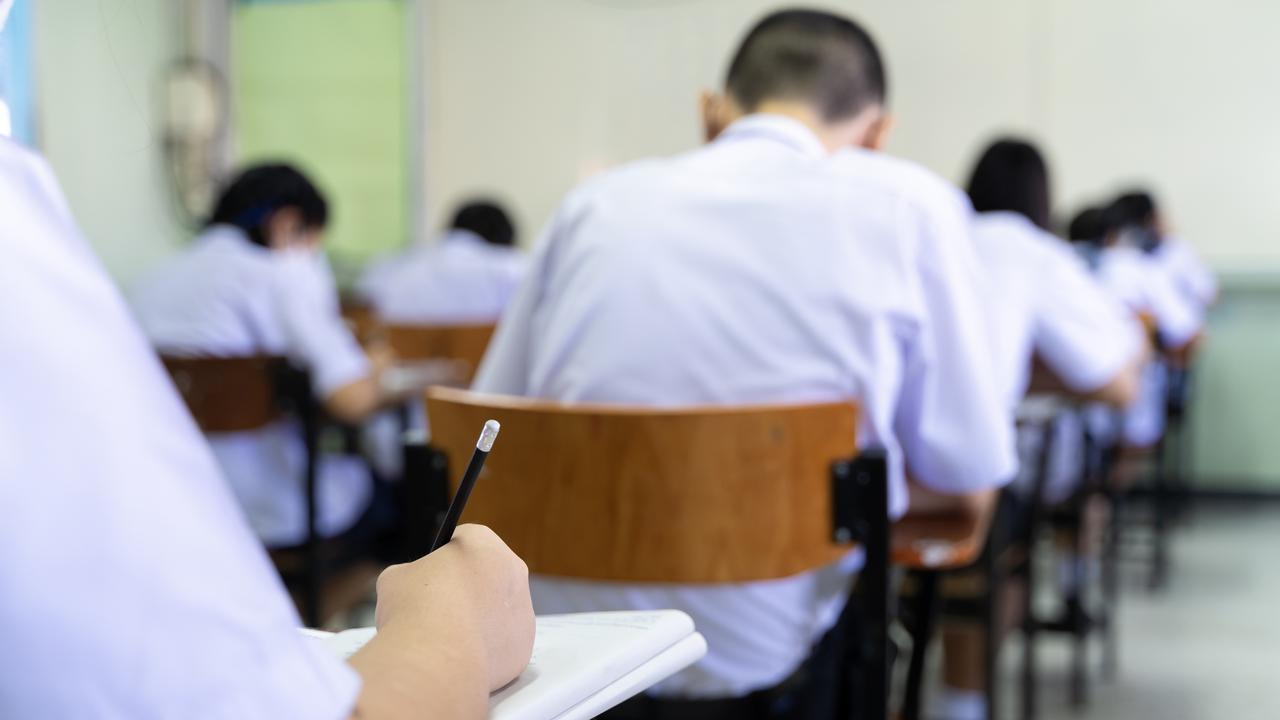State school principals not allowed introduce mandatory consequences for poor student behaviour
A Gold Coast councillor has questioned how discipline is meted out in schools after revelations from teachers that some classrooms have become like ‘war zones’. FULL DETAILS

Education
Don't miss out on the headlines from Education. Followed categories will be added to My News.
A GOLD Coast councillor has called for the state government to give school principals the power to automatically suspend students who assault teachers or deal drugs.
However Minister for Education Grace Grace says that while the safety of students and staff is “incredibly important”, she does not support mandatory consequences for poor behaviour.
The Department of Education says there are no automatic suspensions or exclusions in state schools, with each situation “considered and determined by the principal based on the particular circumstances”.
Its published ‘student discipline procedure’ adds that before dishing out punishments principals must:
* Undertake an assessment of the human rights that may be impacted by any decision.
* Take into account a student’s individual circumstances such as behaviour history, disability, mental health and wellbeing, religious and cultural considerations, home environment and care arrangements.
Principals are also advised that suspensions or exclusions should only be applied “as a strategy of last resort”.

Division 11 councillor Hermann Vorster said he had concerns about the strategy, saying principals should be free to list mandatory punishments for certain behaviours if they saw fit.
“The government forbid schools from modifying (their Student Code of Conduct) to reintroduce minimum mandatory outcomes for misbehaviour,” Cr Vorster said.
“For example a school might have had an automatic suspension if a student punched a teacher in the head. That no longer applies, a school can’t do that.
“I would suggest that mandatory minimums should exist when you’re dealing with issues of selling drugs and physically abusing staff.”
In a Bulletin expose on Monday teachers said some schools had become like “war zones”, with students facing little consequences for their actions.
Cr Vorster said he was concerned young people who “did not understand consequences” were going on to offend outside the school environment.
“Robina, almost like Helensvale, is a big public transport interchange,” he said.
“So there are students in school uniforms coming into the area, abusing substances and getting up to no good. There are school-aged kids in school uniforms running amok.”
Cr Vorster said he had spent $250,000 of divisional funds – enough for “five playgrounds” – on measures including CCTV and vegetation clearing as a result.
“That’s a cost that the ratepayer has to bear because I believe the state is not dealing properly with the culture of student behaviour.”

Cr Vorster wrote last year to Education Minister Grace Grace about his concerns.
“The purpose of this letter is to seek your response to suggestions there may be a nexus between the prohibition of ‘mandated consequences’ and an uptick in assaults, arson, thefts etc in recent years,” he wrote.
“Are you, the Department, and stakeholders satisfied that removing minimum mandatory outcomes for student misbehaviour – including the assault of staff, for example – has not contributed to an increase in these issues?”
In a response Ms Grace said state school principals had “extensive powers to address student discipline” and her department was committed to keeping schools safe for all staff and students.
“The Education (General Provisions) Act 2006 and related departmental procedures have never contained minimum mandated outcomes or consequences for student misbehaviour,” Ms Grace wrote.
Ms Grace told the Bulletin on Tuesday that she did not support changing the strategy to include mandatory consequences.
“The safety and wellbeing of all Queensland state school students and teachers is incredibly important to the Palaszczuk Government,” Ms Grace said.
“Each school applies disciplinary consequences in line with their own School Code of Conduct that sets out the expectations for student behaviour and the types of consequences that will apply.
“I don’t support the introduction of mandated consequences in state schools. Principals have extensive powers and are best placed to appropriately address student discipline, including student behaviour that threatens the safety and wellbeing of other students and staff.”




